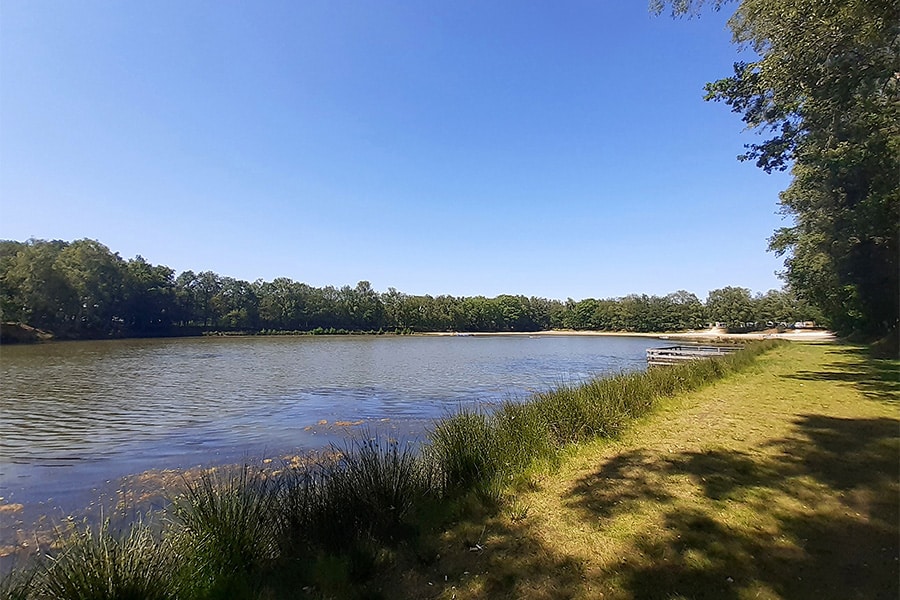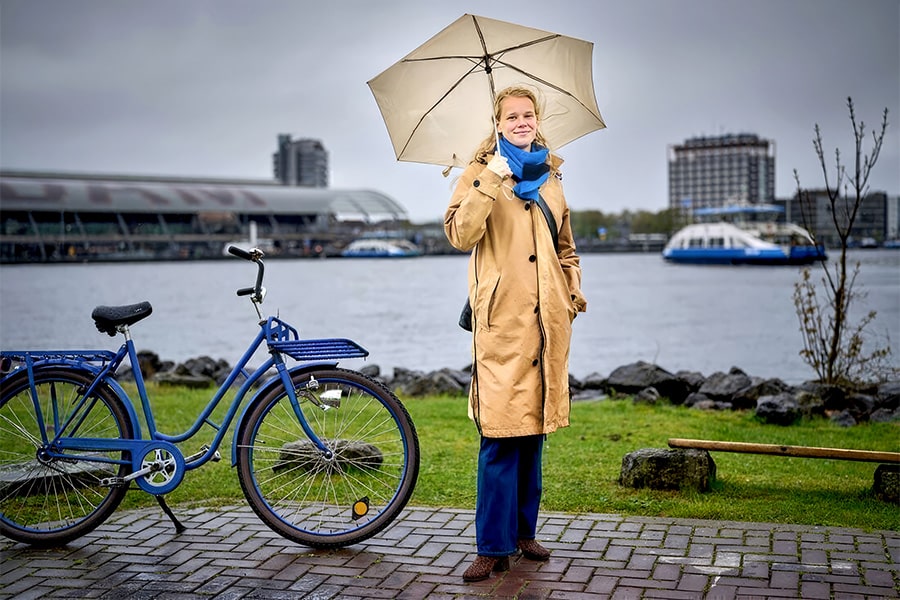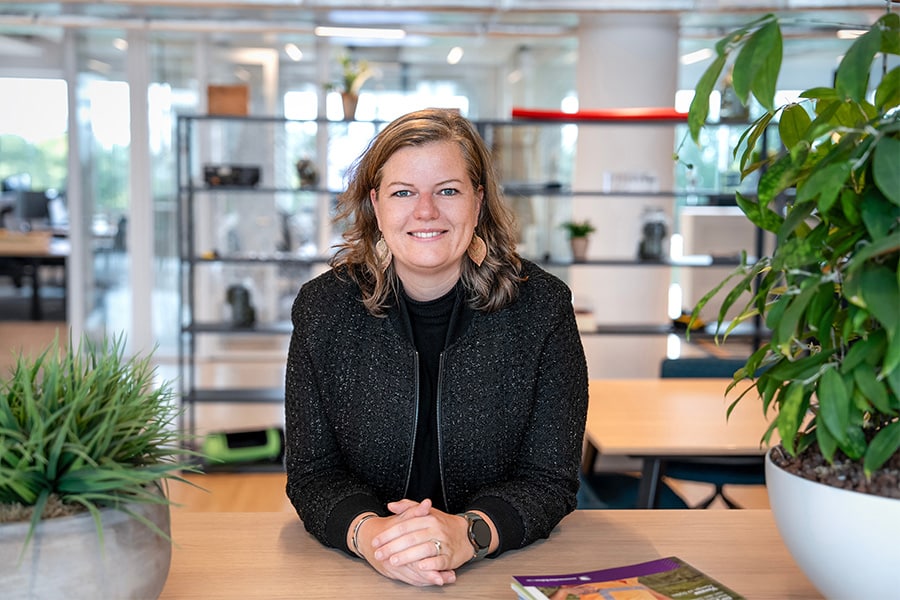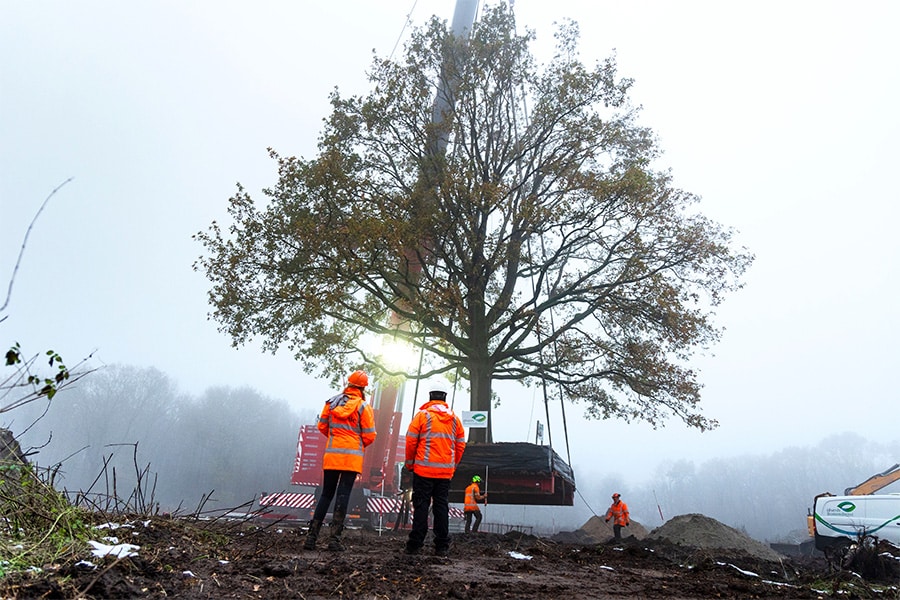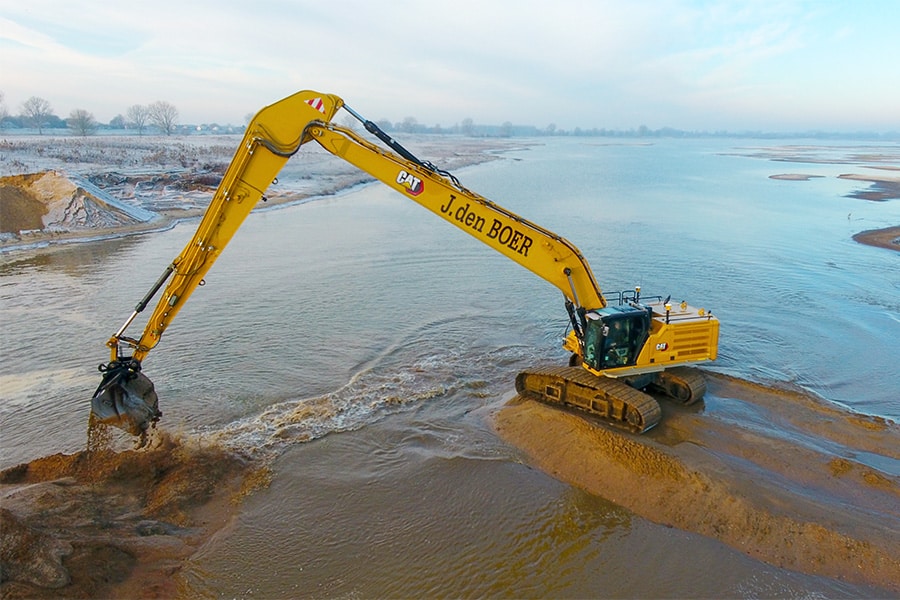
Specialist in large earthmoving and clay commits to CO2 reduction
At Marsdijk 9 in Lienden, there is always movement. Aannemingsbedrijf J. den Boer and its two sister companies Transportbedrijf Reductum and Op- en Overslagbedrijf Den Boer are developing towards a sustainable and emission-free future. An interview with director Ton Kuijs about the latest developments and current projects.
Aannemingsbedrijf J. den Boer specializes in large earthmoving in particular, Ton begins. "And we do that in several areas. For example, we are called in for large infrastructure projects, nature development, highway widening or floodplain excavation, but we are also very much at home in the river country with dyke reinforcement projects." This bridges the gap to the 'group's' other specialty, clay trading. "We have a number of clay sites in the river country where we extract clean clay. We have already supplied huge quantities of dike clay to projects such as the reconstruction of the Afsluitdijk and the many dike reinforcements along the Waal on the stretch between Gorinchem and Nijmegen. We also take care of storage, transshipment and transport by water if required."

Attention to people and the environment
The three entities have been part of Verboon Maasland, also an independent family business, since 2016. "We are formally a subsidiary, but we are not treated that way," Ton believes. "We are actually more like sisters and free in our actions. What we do share is attention to people and the environment. We too take our responsibility and are fully committed to low-emission and emission-free 'building.' For example, we have invested in two electric dump trucks. Our current tippers are specially equipped with hydraulic straightening systems and steered rear axles. In addition, there is a layer of plastic in the tipper so that the clay slides easily out of the tipper with this without sticking. With these advanced dumpers, we can safely carry out dike mitigation projects and that is what we want. Furthermore, two years ago we already put into operation a hybrid bulldozer D6XE and recently the second one was delivered. With the deployment of these hybrid machines, fuel consumption halves, resulting in substantial savings in our CO2 footprint."
Emission-free Network Infra
Aannemingsbedrijf J. den Boer is a member of the Emissieloos Netwerk Infra (ENI). "Achieving a breakthrough in energy transition requires a group of frontrunners and we are happy to join them," Ton emphasizes. "The importance of a zero-emission approach to infrastructure projects is now recognized, also by clients, but there is still too little attention to the costs involved. Emission-free construction is more expensive. Project budgets will have to be adjusted accordingly. It is important that the subsidies made available by the government are used. Clients can claim them and thus ensure sufficient project budgets. It can possibly help accelerate steps toward zero emissions. In any case, we are ready for it."
